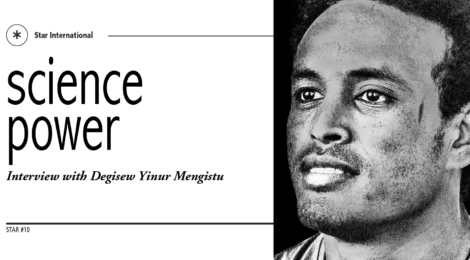
Science Power
Degisew Yinur Mengistu is a PhD student in the department of Biology and biotechnology “Charles Darwin” of Sapienza University of Rome. He is a biotechnologist originated from Ethiopia, the country where he grew up and where he studied until his master’s degree. He moved to Italy for his PhD. We asked him about his experience here and about the differences and similarities that he found at between Italy and Ethiopia
Where do you come from?
I’m from Ethiopia. I grew up in a conservative area where culturally we are Orthodox and where I learned about history, Roman Empire, and the old Italian culture.
What was your academic path?
I completed my bachelor’s degree as well as my master’s degree in biotechnology at the university in Ethiopia. My studies were focused on medical biotechnology in fact, the topic of my master’s thesis was on medical diagnosis of diarrhea. The main point was to develop the very fast, rapid, and cheap diagnostic assay to just take what is causing diarrhea. Now I’m doing my PhD at Sapienza University of Rome in the department of biology and biotechnology “Charles Darwin”. My project is about the analysis of the pathogenic mechanism of primary MCPH using Drosophila as a model system.
Why did you choose to move in Italy?
In my childhood I grew up learning a lot about Italian culture, it’s something that I have inside and for that I’m really interested in.
When did you arrive and how do you feel being in this university?
I came here in November 2021, so it’s two years now. It’s just incredible. Sapienza it’s one of the most prestigious universities in the world, and the top in Italy. So, it is just unreal being here and I’m so proud of it. I feel so privileged to be here as a PhD student and to be able to interact with students and teachers.
What do you think are the differences and the similarities between Ethiopia and Italy?
Starting by the common things I would say the interactions between peoples are similar, Ethiopians and Italians, are both sociable. Another thing we have in common regards beliefs. In both countries people are mainly Christian – Catholic in Italy and Orthodox in Ethiopia – and there are a lot of connections between the two types of Christianity. The main difference is the language.
What do you think in general about you experience here?
The new things I have experienced here are difficult to express. It’s so incredible: a lot of culture, art, sculpture, music, and painting.
The second year for a PhD student is the one in which you usually start doing your data and collect them for your thesis. How are you handling all the task requested?
It’s tough but I’m doing my best. As a second year PhD student I’m preparing manuscripts for publication and the monograph of my dissertation. And I’m also doing some experiments.
How is your life outside the lab?
I’m religious and I have community here in Rome called Ethiopian Orthodox Church. Most of the time on Sunday, I am with them praying, talking about different issues and doing some fun activities together. Besides that, for example on Saturday, I connect with Italians to learn some new Italian words.
Did you expect to be in an international environment during your PhD?
I expected that it should be diverse because PhD students may came from many different countries. Regarding the language obviously English is the international one used all around the world. Most of the time in academia they use English at the medium of interaction. So, I wasn’t surprised at all. I submit my progress reports in English, I communicate with my advisor in that language. Aside of that, I’m also trying to learn Italian because it’s just an amazing and interesting language.
How would you describe Ethiopia in shorts words?
I would say “origin of culture” because Ethiopia is the land where humanity have originated. Lucy, the well-known female skeleton of the hominin species Australopithecus afarensis, was found here as well as the oldest Homo sapiens skeleton. Moreover, in Ethiopia there are almost 80 different ethnic groups that means that we have different cultures and languages, it’s a mixt of diversity.
And how would you describe Italy in one word?
It’s impossible to describe it in only one word. Italy it’s a country full of art and where people are kind and fun. So maybe I would say “funny people with beautiful art”.
Degisew Yinur Mengistu, PhD student at the School of Genetics and Molecular Biology at Sapienza University of Rome.
Mattia La Torre, biologist and assistant professor at the Department of Biology and Biotechnology ‘Charles Darwin’ at Sapienza University of Rome.
Sofia Gaudioso, biologist and science communicator at Sapienza University of Rome.
Carmine Nicoletti, expert technician at Sapienza University of Rome




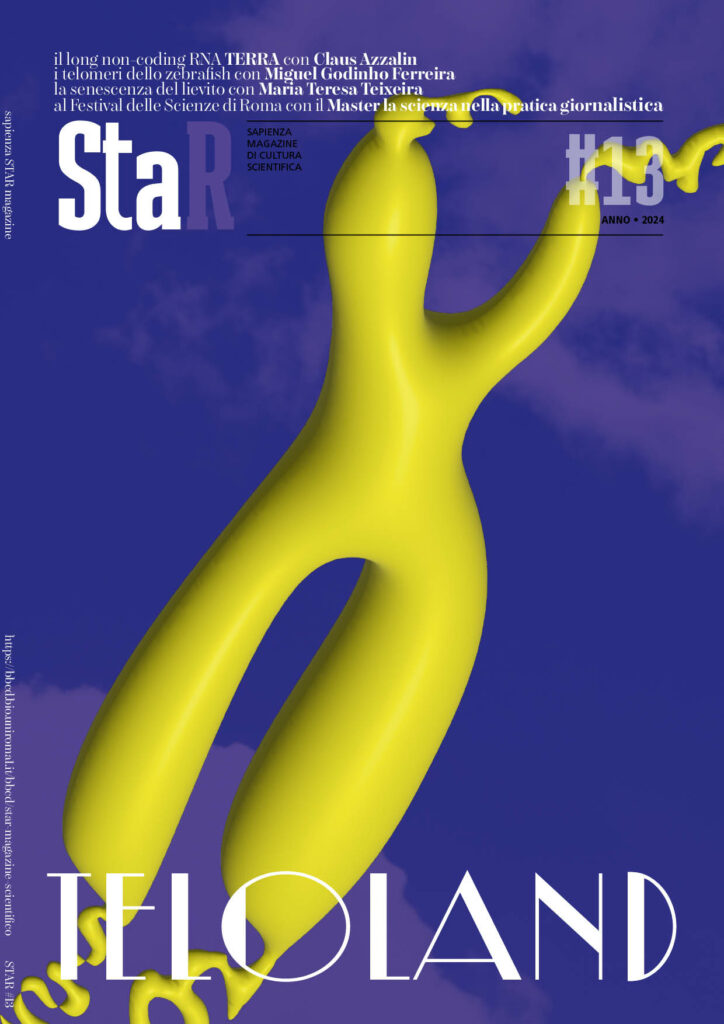



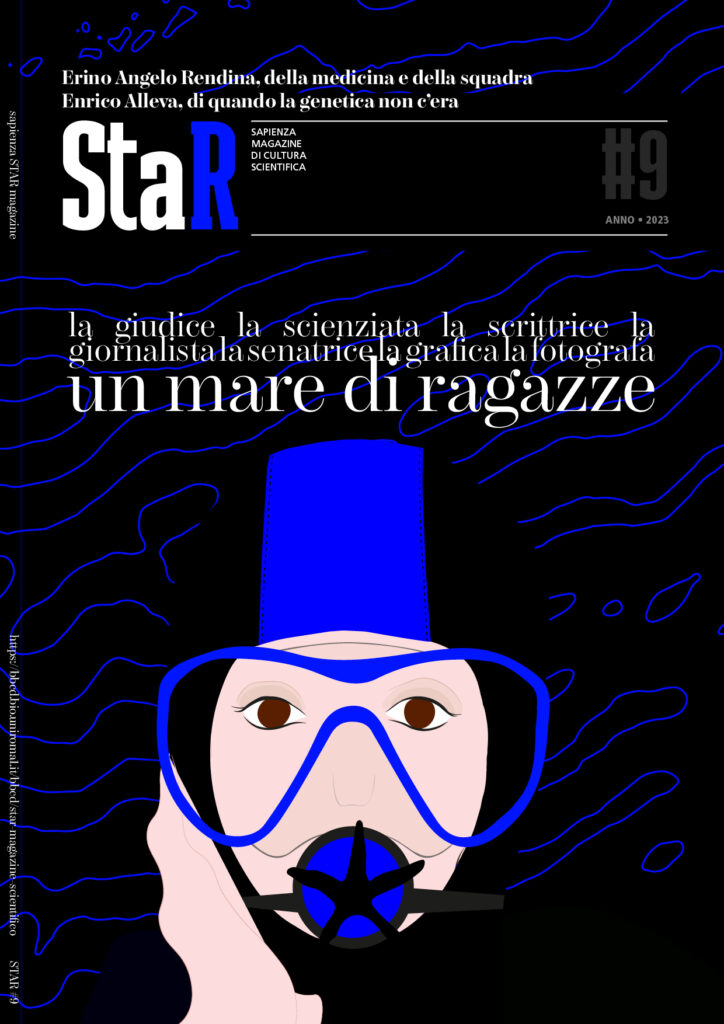
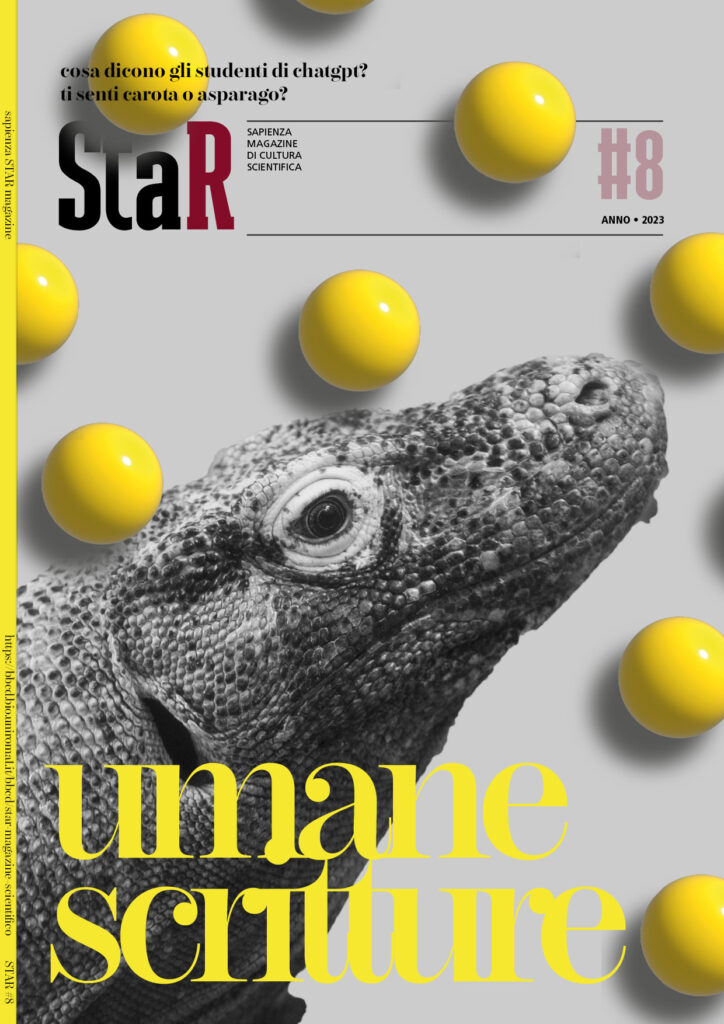
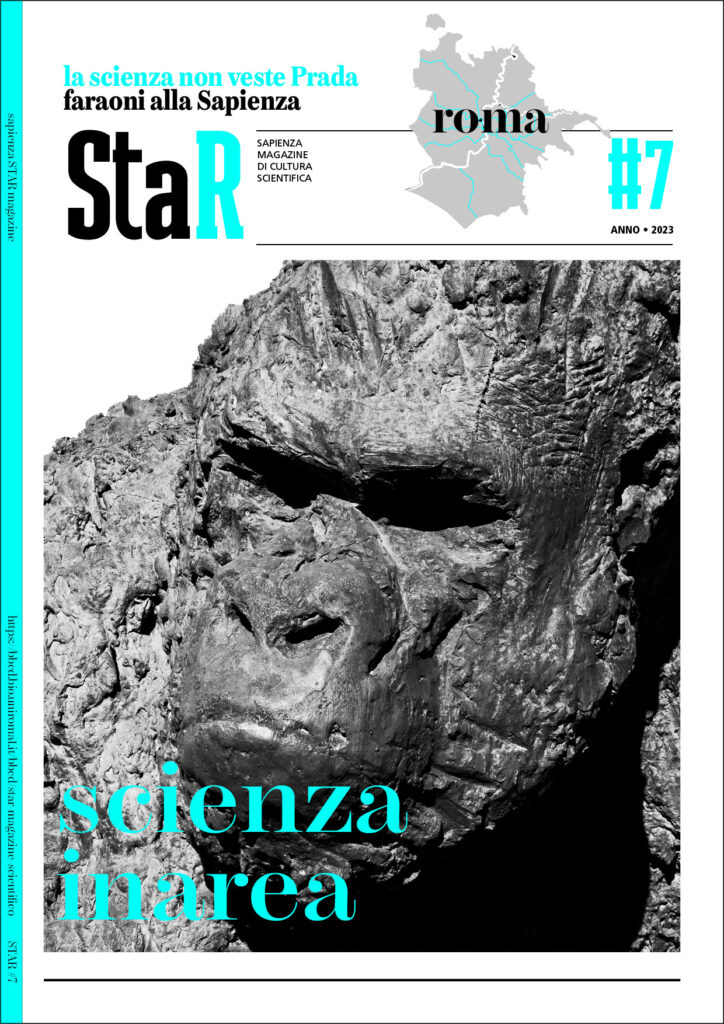

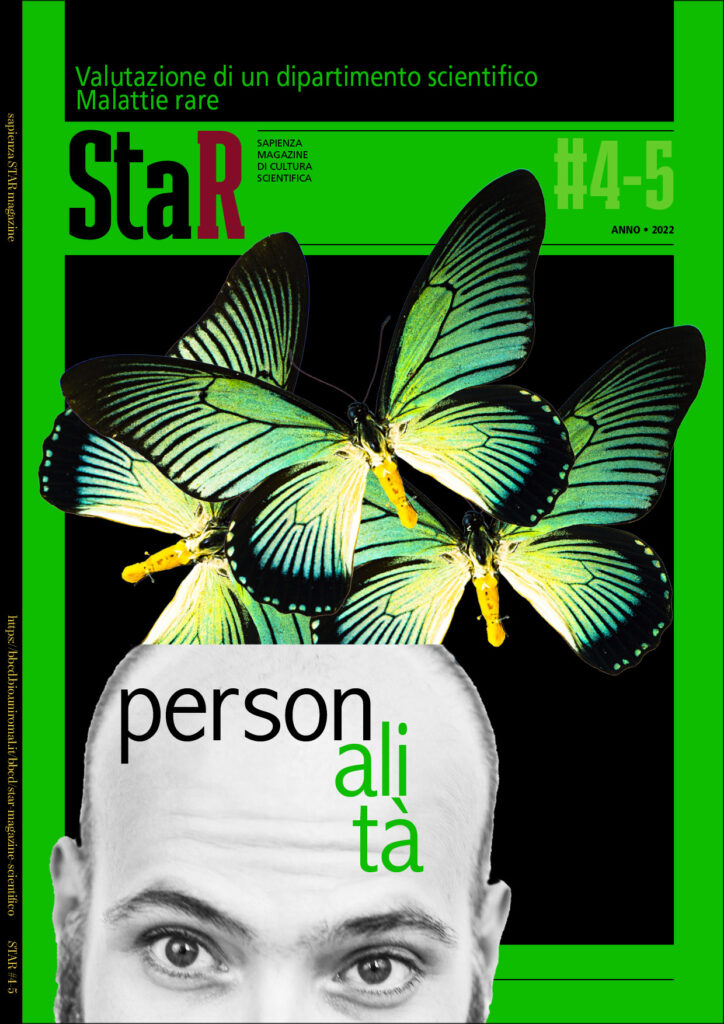

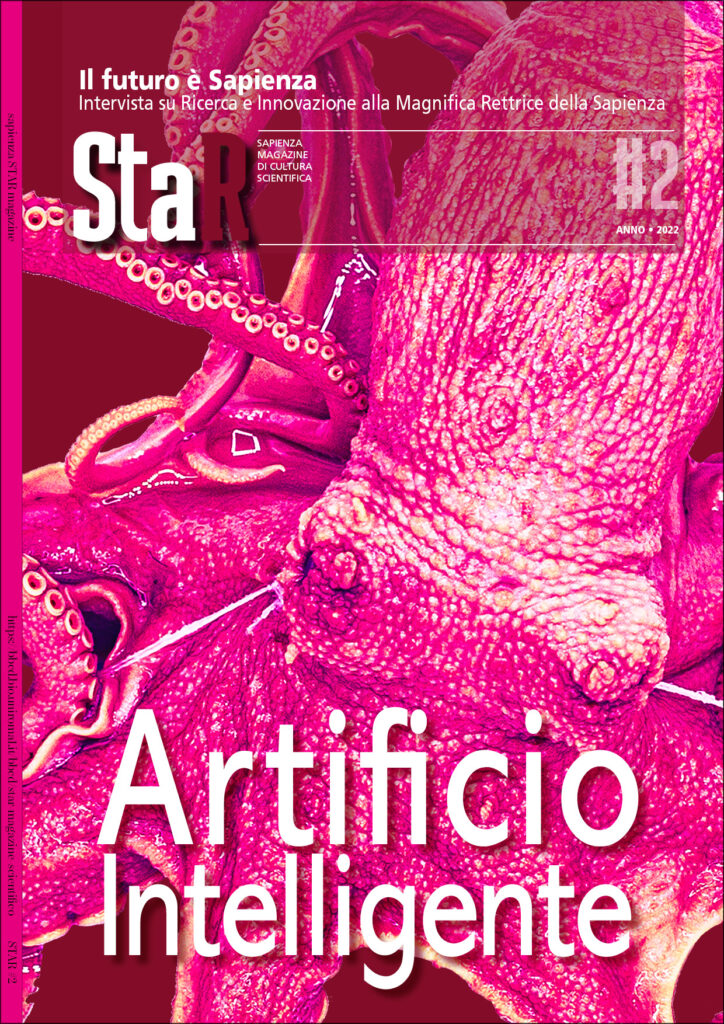

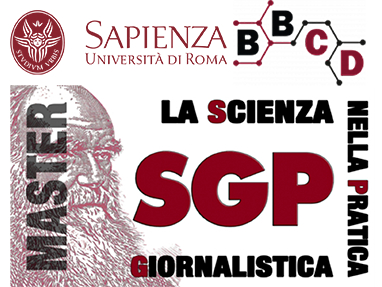
Commenti recenti